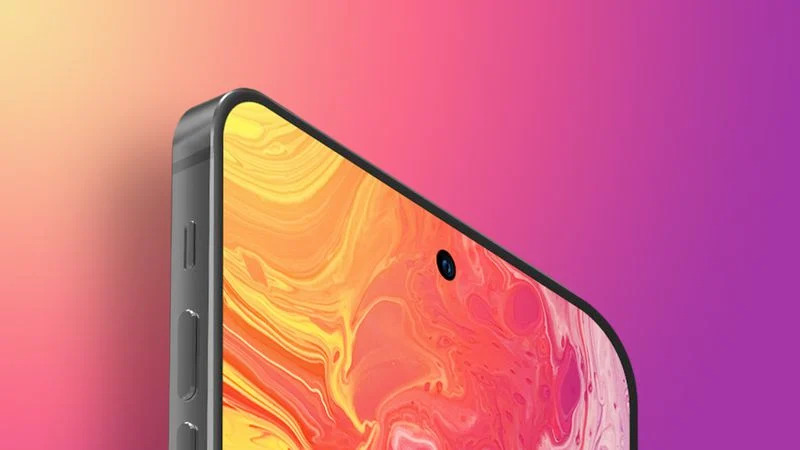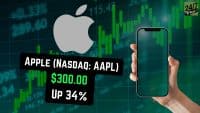
The recession appears to have hit demand for the new iPhone 14. Apple’s products are so wildly popular, and the company has been so financially successful, that the news should cause concerns about the economy. Bloomberg reports Apple may have cut production for the second half by as much as 6 million units. That brings anticipated production for the period to 90 million.
[in-text-ad]
Apple has counted on iPhone demand to surge when each new model is released in September. The holiday shopping season keeps that demand level high. By early the following year, sales begin to taper, but Apple already has sold tens of millions of units, which guarantees solid quarterly revenue and income for two quarters in a row.
iPhone demand allows financial experts to see how the economy fares around the world. Apple’s largest market is China, the biggest smartphone market in the world. Many iPhone units are sold in the United Kingdom and the rest of Europe. Japan represents another key market.
It might be argued that demand means the new iPhone 14 has not been favored by the public for reasons other than the economy. Some critics say its features are not much better than those of the iPhone 13 but the price is higher.
More likely than soft demand based on the smartphone’s features is that people have started to reconsider their spending habits. Inflation has robbed many people, even those in the middle class, of purchasing power. Coupled with worries about an economic slowdown, the mood among buyers becomes one of low consumer confidence.
The iPhone, no matter how popular it is, remains a discretionary purchase. It can be put off a year, or perhaps two. And it is an erosion of these discretionary purchases that may be the best sign the economy has gone from robust to faltering in just a few months.
Get Ready To Retire (Sponsored)
Start by taking a quick retirement quiz from SmartAsset that will match you with up to 3 financial advisors that serve your area and beyond in 5 minutes, or less.
Each advisor has been vetted by SmartAsset and is held to a fiduciary standard to act in your best interests.
Here’s how it works:
1. Answer SmartAsset advisor match quiz
2. Review your pre-screened matches at your leisure. Check out the advisors’ profiles.
3. Speak with advisors at no cost to you. Have an introductory call on the phone or introduction in person and choose whom to work with in the future
Thank you for reading! Have some feedback for us?
Contact the 24/7 Wall St. editorial team.




